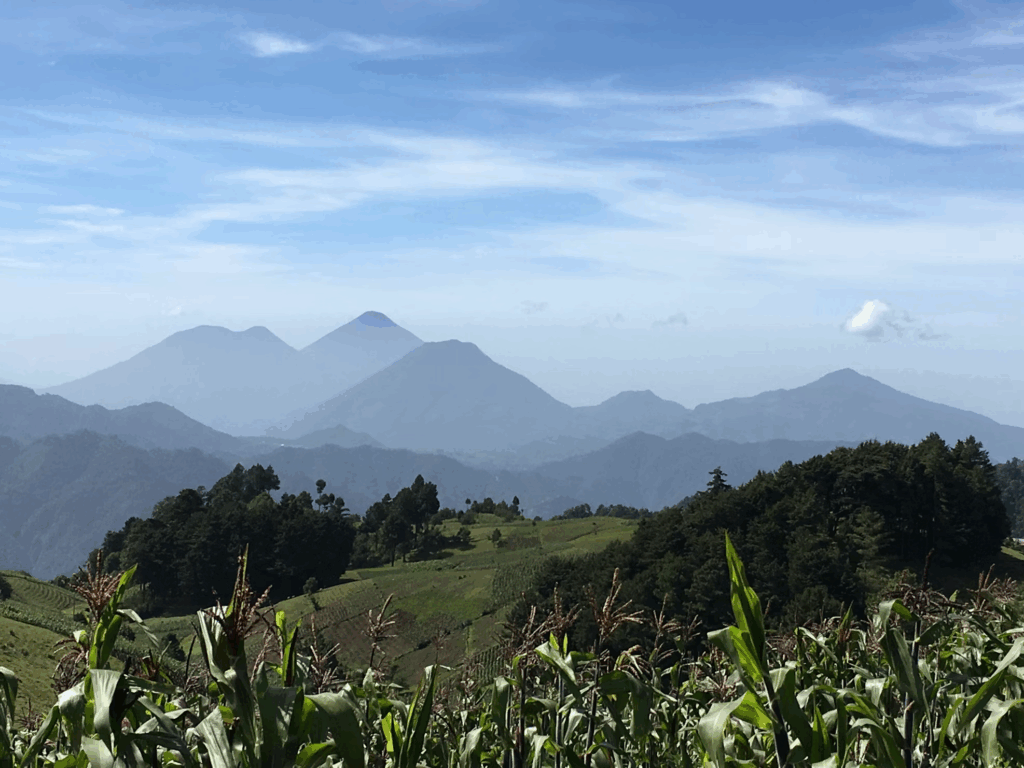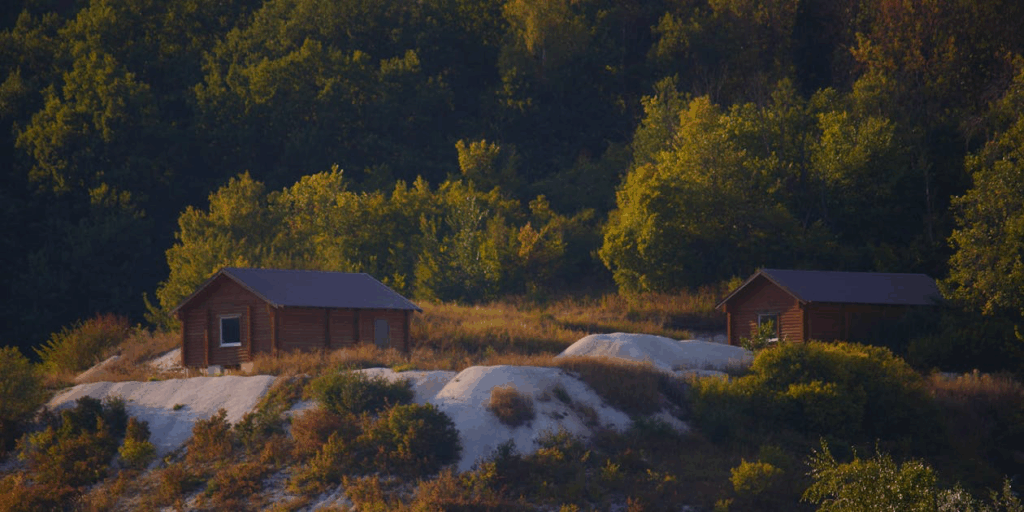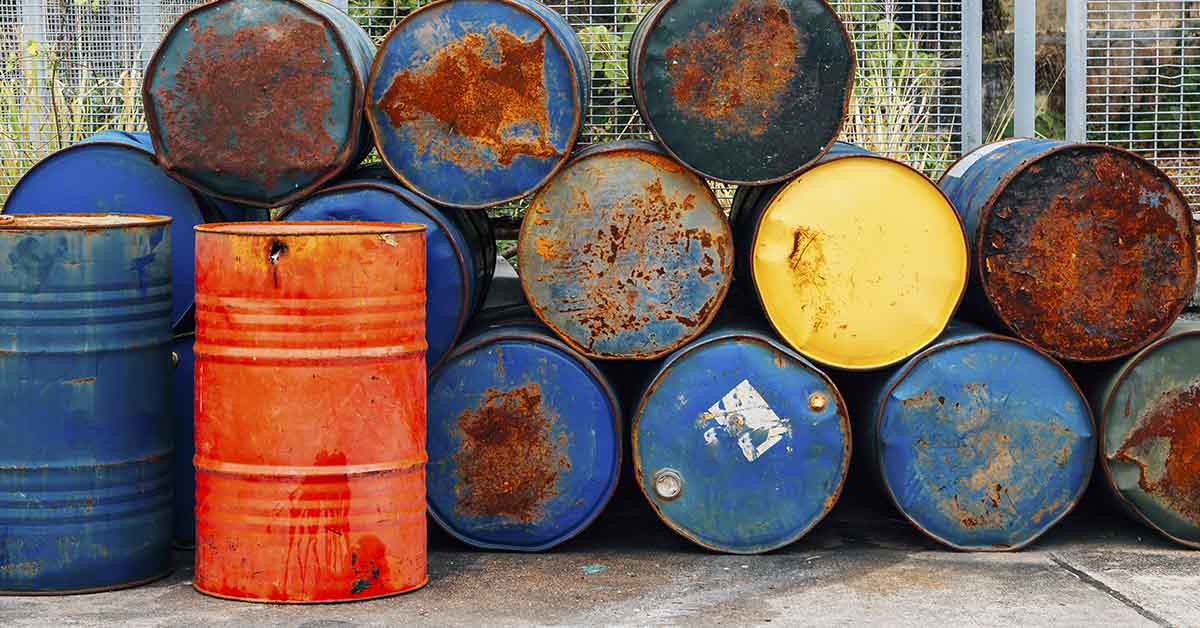The Stedsans eco-resort in Halland, southern Sweden, was once celebrated as a pioneering model of sustainable hospitality. Danish chefs Flemming Hansen and Mette Helbæk founded the retreat after they felt the “call of the wild.” Subsequently, the resort featured 16 wooden cottages that blended into the forest landscape and an organic restaurant that gained international acclaim.
Visitors paid premium prices to enjoy what the owners marketed as an environmentally conscious getaway. The resort promised harmony with nature and sustainable practices. The couple positioned themselves as environmental stewards creating “a more beautiful planet.“
Until Swedish media outlets Dagens Nyheter and Politiken uncovered a shocking truth. Their investigation revealed a dramatic contrast between the resort’s eco-friendly image and the environmental reality behind the scenes.
“Over 150 Barrels Filled With Human Waste”
Staff discovered alarming conditions at the eco-resort after the owners disappeared from the property several months ago. Former employee Lars Delling showed journalists the sewerage system used at Stedsans. “Voila. Over 150 barrels filled with human waste,” Delling told investigators. He then explained that sewage and grey water had allegedly flowed unchecked. The waste went directly into the surrounding forest instead of through proper management systems.
Local officials have labeled these actions an “environmental crime.” They explained that the eco-resort failed to follow proper procedures for composting toilets. These regulations require mandatory reporting and collection of waste containers by local authorities.
Animal Welfare Concerns Add to Mounting Eco-Resort Scandal
The environmental violations go beyond waste management. Specifically, former employee Malin spoke with local media about the situation. She revealed that the couple abandoned the site without arranging care for the resort’s animals.
“Many had died before that,” Malin told investigators, referring to the ducks and chickens she eventually rescued after discovering the abandoned property. She also reported that the owners’ car had disappeared and their house had burned down. The newspaper investigation uncovers a disturbing pattern of negligence. The chefs departed Sweden without informing staff or ensuring the welfare of the remaining animals.
Financial Collapse Behind the Scenes

Officials declared Stedsans officially bankrupt in March 2025. As a result, the couple allegedly left behind debts of approximately 6 million kroner ($640,000) to Swedish tax authorities. The investigation uncovered a pattern of financial problems. The couple had already accumulated millions of kroner in tax debts in Denmark before they relocated to Sweden in 2016.
“We are super sorry for the loss and inconvenience our bankruptcy has caused. We have disappointed many. Even angered some. And for that we are deeply, truly sorry,” the couple wrote in a farewell post on their blog. “But we can say from the bottom of our hearts that we have done all we could.” In another post, they added: “Right from the beginning Stedsans never really had a chance.”
Read More: Chef Reveals The One Steak To Never Order at a Restaurant
Owners Resurface in Guatemala, Deny Allegations
While former employees dealt with the aftermath in Sweden, Hansen and Helbæk have surfaced in Guatemala. They are, however, preparing to launch a new hotel venture. Their Hotel San Pedro La Laguna plans to open in May 2025.

“We are shaken, but still standing. Still here to contribute to a softer world, still here to cook delicious food,” they posted on Instagram, describing their recent experiences as “brutally hard.”
Following the publication of the investigation, the couple took to social media to defend themselves. They claimed they had become victims of a “witch hunt” and had received death threats. “I’m extremely scared and don’t know what to do. I have so much more to share and explain, but right now I’m just in shock,” they stated.
They strongly denied the most serious allegations: “The article claims that we have been damaging the local environment with our procedures at our permaculture resort and that we have left animals to die. All these claims and several others are false.” Regarding the waste collection, the duo argued: “For people in rural Sweden it’s a very normal thing. It’s also a very important part of the permaculture principles that you deal with your own waste.”
The Gap Between Eco-Resort Marketing and Reality
The Stedsans case highlights growing concerns about “greenwashing” in the hospitality industry. This happens when businesses promote themselves as environmentally responsible while failing to uphold those claims in practice.
The Danish duo blamed their business failure on Sweden’s challenging regulatory environment: “We came very far with Stedsans, but we also had to realize on the way that being soul-driven entrepreneurs on a mission in a country where taxes are some of the highest in the world and bureaucracy is relentless, it is an impossible task,” they wrote on their website. Critics point to an obvious contradiction at the heart of the business. They note the disconnect between the resort’s carefully crafted public image and the environmental damage found after the owners left.
Broader Implications for Sustainable Tourism
Moreover, this case raises important questions about accountability in eco-tourism. It shows the challenges of balancing profitable hospitality ventures with genuine environmental care. As more consumers seek sustainable travel options, verifying environmental claims becomes crucial.

Former guests once enjoyed what they believed was a pristine eco-experience. Now the revelations about Stedsans come as a shock to them. Their wilderness getaway, unfortunately, carried environmental costs they never expected.
Swedish authorities continue to assess the environmental impact and address the abandoned waste. A final thought, this cautionary tale offers an important lesson about eco-tourism. True sustainability in eco-resort management requires more than marketing and pretty settings. It demands consistent commitment to environmental responsibility, honest business practices, and proper waste management. These principles matter even when cameras stop rolling and influencers go home.
Read More: Audience Horrified as Dolphin Leaps to Its Death in Disturbing Show at Resort

